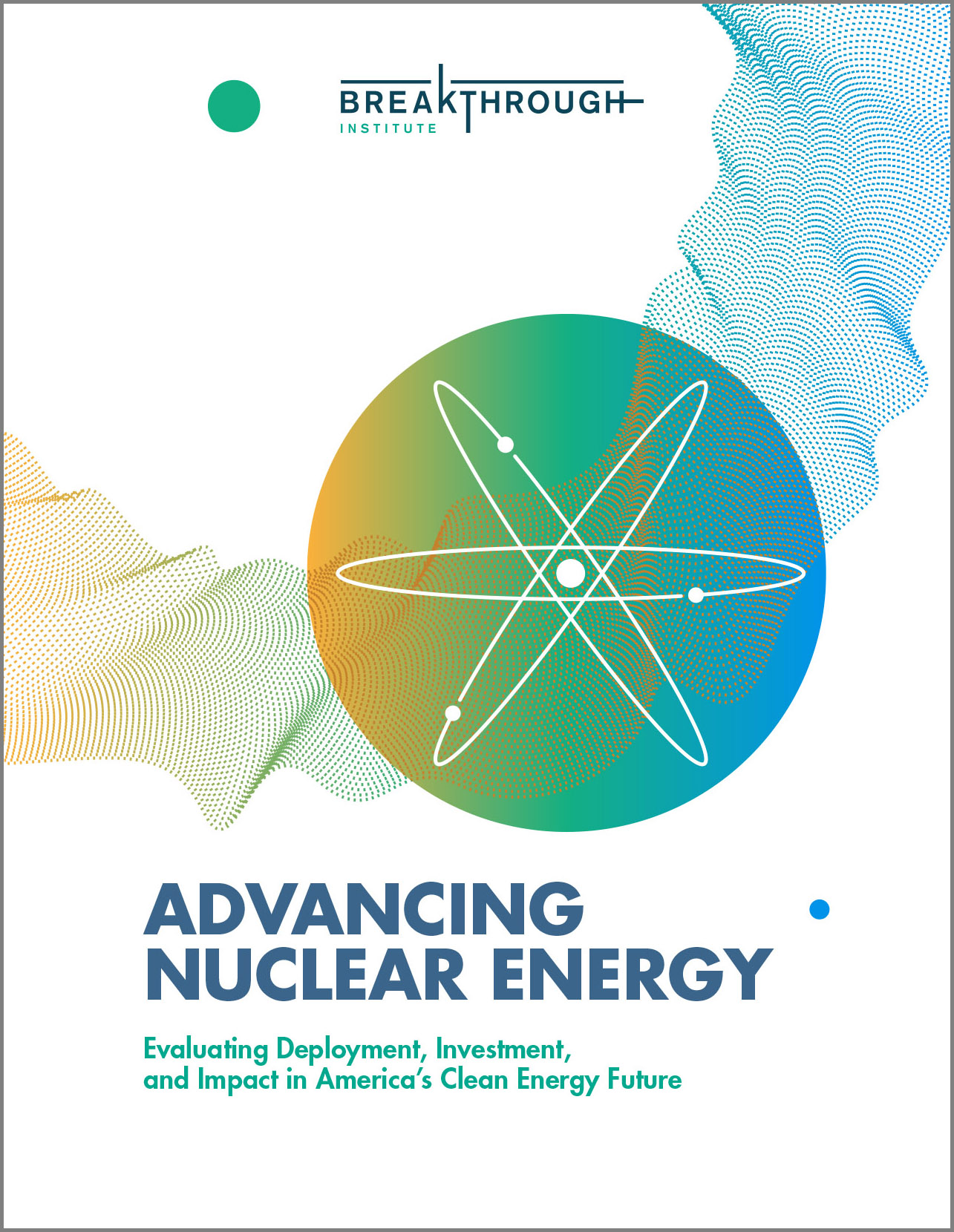July 8, 2022, 7:00AMNuclear NewsBy George Apostolakis, James Ellis, and Steven Nesbit The Diablo Canyon nuclear power plant.
The state of California recently and quite sensibly cracked the door back open for continued operation of the Diablo Canyon nuclear power plant past the current operating license expiration dates in 2024 (Unit 1) and 2025 (Unit 2). The nonprofit North American Electric Reliability Corporation’s recently released 2022 Summer Reliability Assessment highlights the risk of electricity shortages in California. Given that concern, as well as the benefits of continued Diablo Canyon operation—including much needed clean, reliable energy; good jobs; and potential for large-scale production of fresh water—another look at the shutdown decision made several years ago is clearly warranted. Sen. Dianne Feinstein (D., Calif.) reinforced this point when she added her voice to the growing chorus of policymakers advocating extended operation for Diablo Canyon.
The Grand Gulf nuclear power plant in Port Gibson, Miss. (Photo: Entergy)
The Mississippi Public Services Commission has announced a $300 million settlement with Entergy Mississippi—the largest settlement in the MPSC’s history—ending the state’s part in multistate Federal Energy Regulatory Commission proceedings involving Grand Gulf plant customer rate impacts.
A cutaway image of the BWRX-300. (Image: GE Hitachi Nuclear Energy)
Following an assessment of several small modular reactor technologies, SaskPower has chosen GE Hitachi Nuclear Energy’s (GEH’s) BWRX-300 SMR for potential deployment in Saskatchewan in the mid-2030s, the Canadian utility announced earlier this week.
Point Lepreau nuclear power plant. (Photo: Andre Bussiere)
The Canadian Nuclear Safety Commission has renewed the operating license of the reactor at the Point Lepreau nuclear plant for a period of 10 years. As a result, the facility’s 660-MWe CANDU-6 unit, the five-year license for which was set to expire on June 30, is now permitted to operate until the end of June 2032. License holder NB Power had requested an unprecedented 25-year extension.
Vogtle Units 3 and 4, with Units 1 and 2 in the background. (Photo: Georgia Power)
Both Oglethorpe Power Corporation and the Municipal Electric Authority of Georgia (MEAG), two co-owners of the Vogtle nuclear plant, have filed lawsuits against Southern Company subsidiary Georgia Power, the facility’s primary owner.
Oglethorpe and MEAG are 30 percent and 22.7 percent owners, respectively, of Vogtle. Georgia Power holds a 45.7 percent share. (Dalton Utilities, which owns 1.6 percent of the plant, is not involved in the suits.)
Turkey Point nuclear plant. (Image: FPL)
Florida Power & Light (FPL) has submitted a supplemental environmental report to the Nuclear Regulatory Commission in support of the subsequent renewed licenses for Turkey Point Units 3 and 4. According to a June 22 NRC press release, FPL’s report was submitted on June 10 to satisfy a “deficiency” in subsequent license renewal applications (SLRA) that rely on the generic environmental impact statement (GEIS) on license renewal and is being reviewed prior to docketing. William D. Maher, director of nuclear licensing projects at FPL, submitted the report, noting that “FPL’s review did not identify any information materially changing the impact assessments” in the NRC’s supplemental GEIS for the Turkey Point licenses.




 With the proper investment and policy support, advanced nuclear energy has the potential to become a key component of a future U.S. clean energy system, a new report from Berkeley, Calif.’s, Breakthrough Institute finds.
With the proper investment and policy support, advanced nuclear energy has the potential to become a key component of a future U.S. clean energy system, a new report from Berkeley, Calif.’s, Breakthrough Institute finds.







